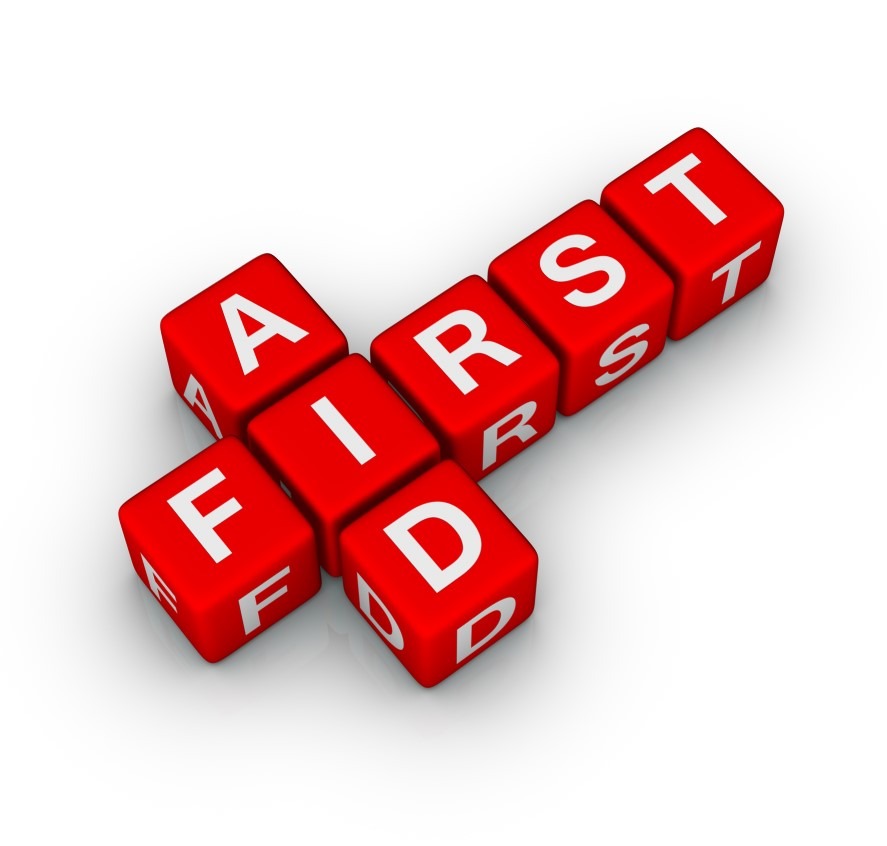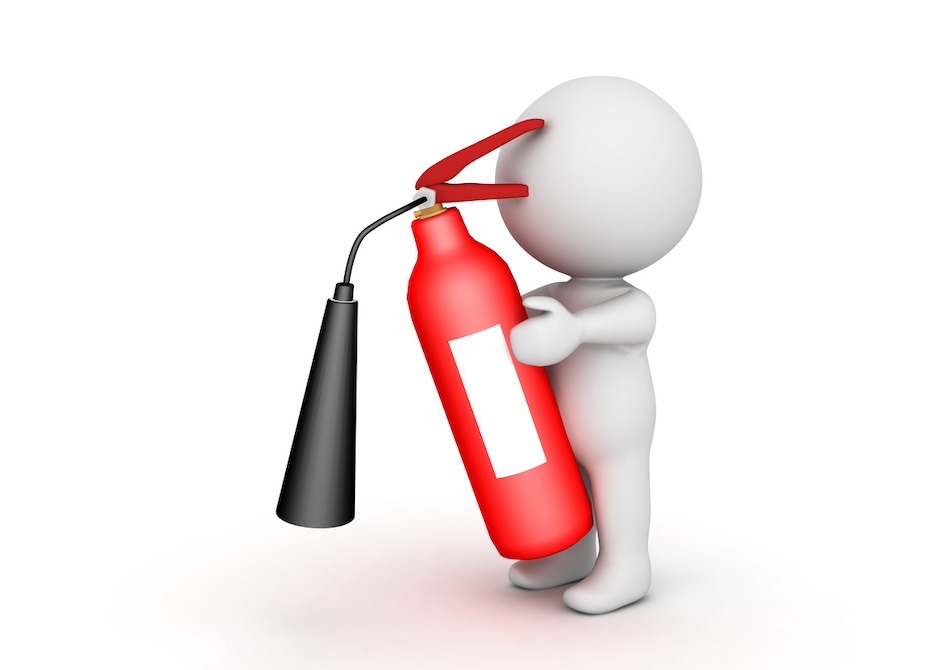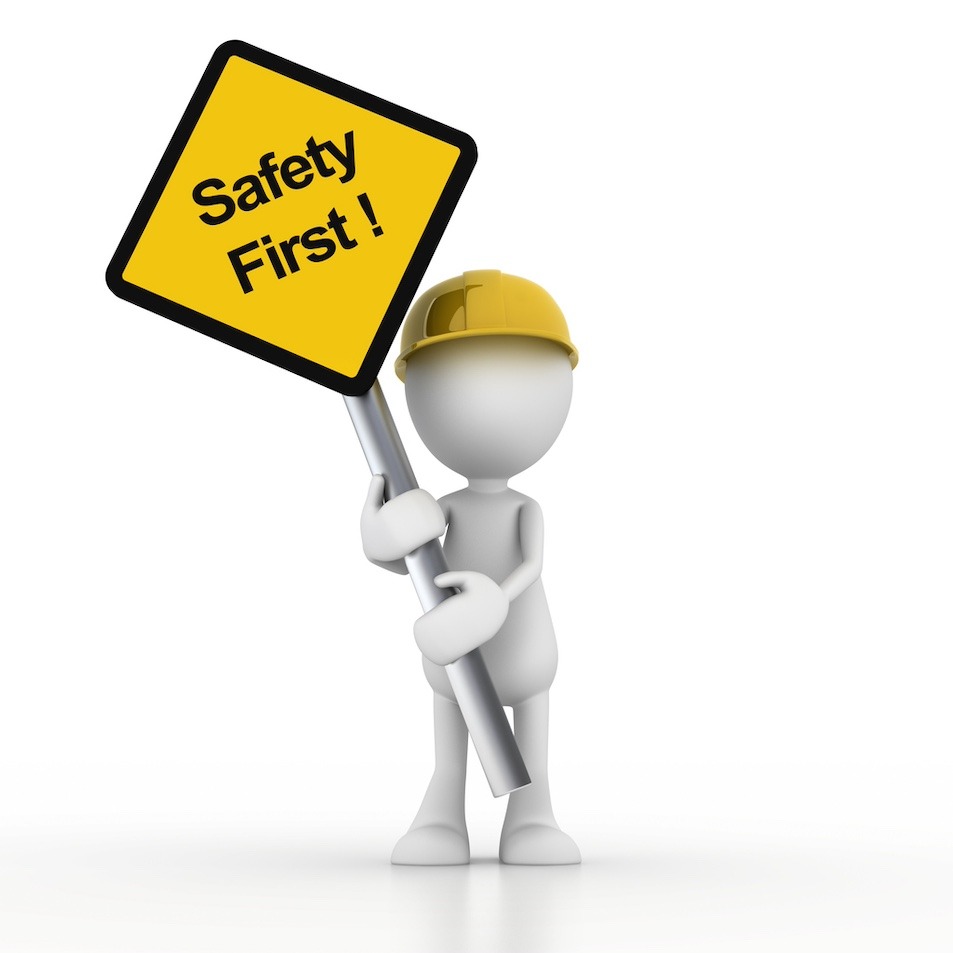First Aid News
Guidance on what First Aid training should Nursery staff have
We detail below the pertinent sections of the EYFS – while the guidance says at least 1 person – in reality (and in our experience) Nurseries typically train all staff at this level.
The relevant title we offer is Full Peadiaitric First Aid – this is a 2 day course when delivered face to face, as below this can be delivered via blended learning (one day classroom and part online).
Here’s the excerpt – source https://www.gov.uk/government/publications/early-years-foundation-stage-framework–2
At least one person who has a current paediatric first aid (PFA) certificate must
be on the premises and available at all times when children are present and must
accompany children on outings. The certificate must be for a full course consistent
with the criteria set out in Annex A:
Annex A: Criteria for effective Paediatric First Aid
(PFA) training
-
- Training is designed for workers caring for young children in the absence of their
parents and is appropriate to the age of the children being cared for.
- Training is designed for workers caring for young children in the absence of their
-
- Following training, an assessment of competence leads to the award of a certificate.
-
- The certificate must be renewed every three years.
-
- Adequate resuscitation and other equipment including baby and junior models must
be provided, so that all trainees are able to practice and demonstrate techniques.
- Adequate resuscitation and other equipment including baby and junior models must
-
- The emergency PFA course should be undertaken face-to-face and last for a
minimum of 6 hours (excluding breaks) and cover the following areas:
- The emergency PFA course should be undertaken face-to-face and last for a
-
- Be able to assess an emergency situation and prioritise what action to take
-
- Help a baby/child who is unresponsive and breathing normally.
-
- Help a baby/child who is unresponsive and not breathing normally.
-
- Help a baby/child who is having a seizure.
-
- Help a baby/child who is choking.
-
- Help a baby/child who is bleeding.
-
- Help a baby/child who is suffering from shock caused by severe blood loss
(hypovolemic shock).
- Help a baby/child who is suffering from shock caused by severe blood loss
-
- The full PFA course should last for a minimum of 12 hours (excluding breaks) and
cover the elements listed below in addition to the areas set out in paragraph 5 (the
emergency PFA training elements outlined in paragraph 5 should be delivered
face-to-face).
- The full PFA course should last for a minimum of 12 hours (excluding breaks) and
-
- Help a baby/child who is suffering from anaphylactic shock.
-
- Help a baby/child who has had an electric shock.
-
- Help a baby/child who has burns or scalds.
-
- Help a baby/child who has a suspected fracture.
-
- Help a baby/child with head, neck or back injuries.
-
- Help a baby/child who is suspected of being poisoned.
-
- Help a baby/child with a foreign body in eyes, ears or nose.
-
- Help a baby/child with an eye injury.
-
- Help a baby/child with a bite or sting.
-
- Help a baby/child who is suffering from the effects of extreme heat or cold.
-
- Help a baby/child having: a diabetic emergency; an asthma attack; an allergic
reaction; meningitis; and/or febrile convulsions.
50 Face-to-face means trainers are physically present with their trainees. This excludes the use of online
platforms.
- Help a baby/child having: a diabetic emergency; an asthma attack; an allergic
PFA training must be renewed every three years and be relevant for people caring for young children and babies.
Providers should take into account the number of children, staff, and layout of
premises to ensure that a paediatric first aider is able to respond to emergencies
quickly.
All staff who obtained a level 2 and/or level 3 qualification since 30 June 2016
must obtain a PFA qualification within three months of starting work in order to be
included in the required staff:child ratios at level 2 or level 3 in an early years
setting. To continue to be included in the ratio requirement the certificate must be
renewed every 3 years.
Providers should display (or make available to parents) staff PFA certificates or a
list of staff who have a current PFA certificate.
Here’s the guidance https://www.gov.uk/government/publications/early-years-foundation-stage-framework–2















